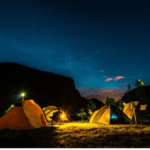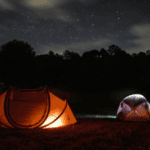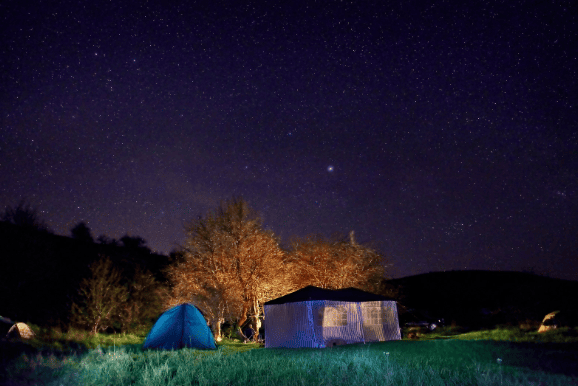
Imagine setting off on a serene hike in the wild and, by some twist of fate, finding yourself stranded in the middle of nowhere. Would you know how to ensure your safety and well-being? Every year, countless adventurers and tourists get lost in the vast expanse of nature. Having a handful of essential survival skills can be the difference between life and death. This article will arm you with eight fundamental tips to stay safe when venturing into the wilderness.
Prioritize Shelter
The human body is not built to withstand harsh environmental conditions without protection. If you find yourself stranded, the first thing to do is find or build a shelter to protect yourself from the elements. Look for natural shelters like caves, or create one using branches, leaves, and other materials you can find. Ensure it’s insulated from the ground and wind to retain warmth. Remember, hypothermia can strike even in temperate conditions if you’re wet and exposed to wind.
Stay Hydrated
Without water, the human body can quickly deteriorate. In survival situations, finding a clean water source should be a priority. Always look for running streams or rivers, as stagnant water can harbor harmful organisms. If unsure about the purity, boil the water if you can. In the absence of a fire, use a cloth to filter out visible particles and let the water sit to allow sediments to settle at the bottom. Avoid drinking from saltwater sources, as it will lead to dehydration.
Signal for Help
Always have a way to signal for help. This can be as simple as a whistle, a mirror to reflect sunlight, or creating large symbols on the ground that can be seen from above. Fires can also be an effective way to signal for help, especially at night. If you have a flashlight or a phone, even if there’s no service, the light can be used to signal in the dark.
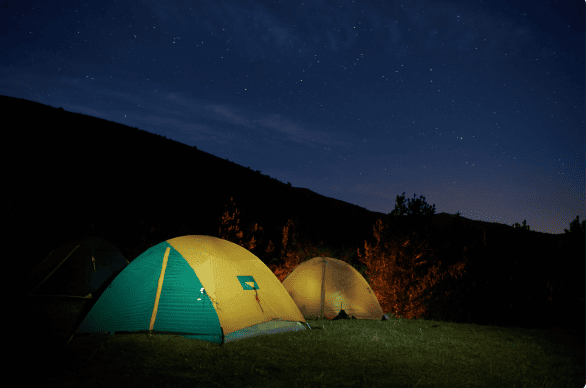
Learn Basic First Aid
Accidents happen, especially in the wild. Knowing basic first aid can be the key to ensuring that minor injuries don’t become major problems. Carry a basic first aid kit with you and learn how to treat cuts, sprains, and burns. If you’re venturing into areas with venomous animals or plants, learn the necessary precautions and treatments. Always tell someone where you’re going and when you expect to return so that they can raise the alarm if necessary.
Navigate Wisely
Being able to navigate is essential in the wilderness. Ideally, always have a map and compass with you. However, if you don’t, remember a few basic navigation tips:
- The sun rises in the east and sets in the west.
- At night, the North Star (in the Northern Hemisphere) can help point you north.
- Rivers often lead to larger bodies of water or settlements.
Don’t rely solely on electronic devices like phones or GPS, as batteries die and signals can be lost.
Master Fire-Making Skills
One of the most critical survival skills is the ability to make fire. Fire serves several purposes: it keeps you warm, wards off predators, boils water, cooks food, and can be a signal for help. Even in wet conditions, dry tinder can usually be found under the base of large trees or inside dead logs. Always have multiple methods to start a fire, such as waterproof matches, a lighter, and a fire starter. Learn how to build different types of fires based on your needs, like a teepee fire for warmth or a signal fire to attract attention.
Understand Local Flora and Fauna
Every wilderness area has its unique set of plants and animals. Before heading out, familiarize yourself with the local flora and fauna. Learn which plants are edible and which ones to avoid. Some plants can be a source of nourishment, while others can be poisonous or cause allergic reactions. The same applies to animals. While some might be harmless, others could be dangerous if provoked. Knowledge about local wildlife will also guide you on where and how to find food if you’re stranded for an extended period.
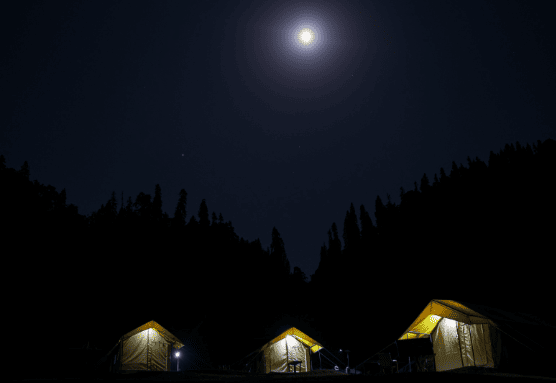
Conserve Energy and Stay Calm
In a survival situation, your mindset can either be your greatest ally or your worst enemy. Panic and fear can cloud judgment and result in poor decisions. Focus on staying calm, thinking clearly, and prioritizing tasks. Conserve your energy by avoiding unnecessary movements and tasks. For instance, if you’re lost, it’s often better to stay put (especially if you told someone your intended route) than to wander aimlessly. By staying calm and conserving your energy, you’ll be better equipped to handle challenges and make rational decisions that could save your life.
Conclusion
The allure of the wilderness is undeniable. The serenity, beauty, and sense of adventure it offers are unmatched. But with its wonders come challenges and risks. Equip yourself with these eight survival skills, and you’ll be better prepared to face the unpredictability of the wild. Remember, nature doesn’t discriminate; it treats every visitor equally. The knowledge and preparation you bring with you are your best allies in ensuring you come back home safe and sound. Safe adventures!

